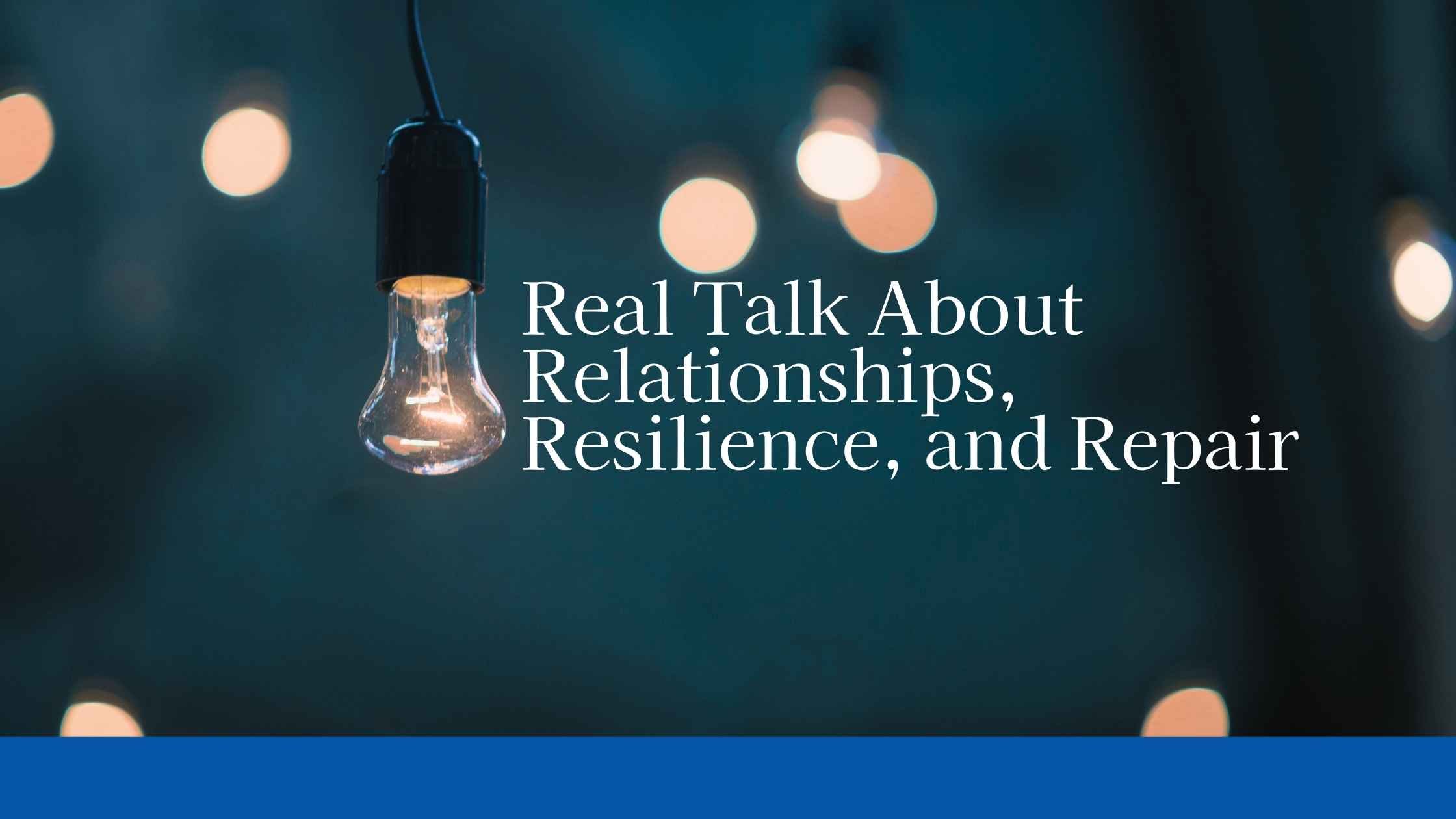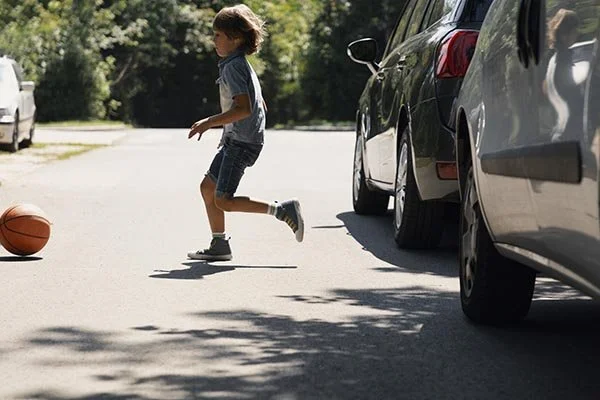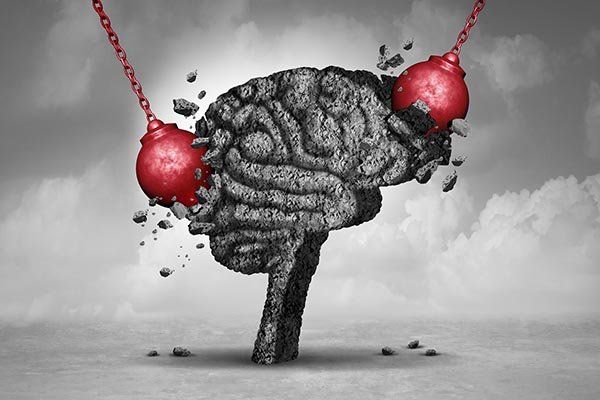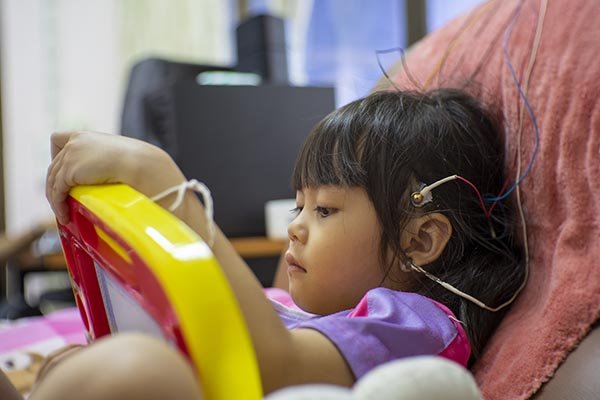
Blog

When Your Brain Can’t Calm Down: How Neurofeedback Supports Emotional Safety After Criticism
Even minor feedback can feel threatening when your brain is on high alert. Discover how neurofeedback strengthens emotional regulation and helps you stay connected during difficult conversations.

Helping Kids Develop Impulse Control
Impulsivity in kids isn’t bad behavior—it’s a sign their regulation system is still developing. This post helps parents and caregivers reframe impulsivity as a skill that’s built over time, not demanded in the moment. Learn what impulsive behavior really means, why co-regulation matters more than correction, and how therapy—and neurofeedback—can support lasting change.

Rewiring the Pause: How Neurofeedback Helps Manage Impulsivity
Impulsivity is often rooted in brain dysregulation, not character. Learn how neurofeedback helps train your brain to pause, reflect, and respond with stability.

Your Brain on Betrayal: Why Neurofeedback Can Support Trauma Recovery
Betrayal trauma rewires your brain for survival. Neurofeedback helps restore emotional balance, reduce anxiety, and create space for healing—without needing to talk through it all.

How Neurofeedback Helps When Talk Therapy Isn’t Enough
When insight isn’t enough to shift emotional patterns, neurofeedback offers brain-based support. Learn how it works alongside talk therapy to help you feel more regulated and present.

What Is Neurofeedback? A Brain-Based Approach to Emotional Regulation
Neurofeedback helps retrain your brain for better emotional regulation. Learn how this gentle, brain-based approach supports healing from anxiety, trauma, and chronic stress.
